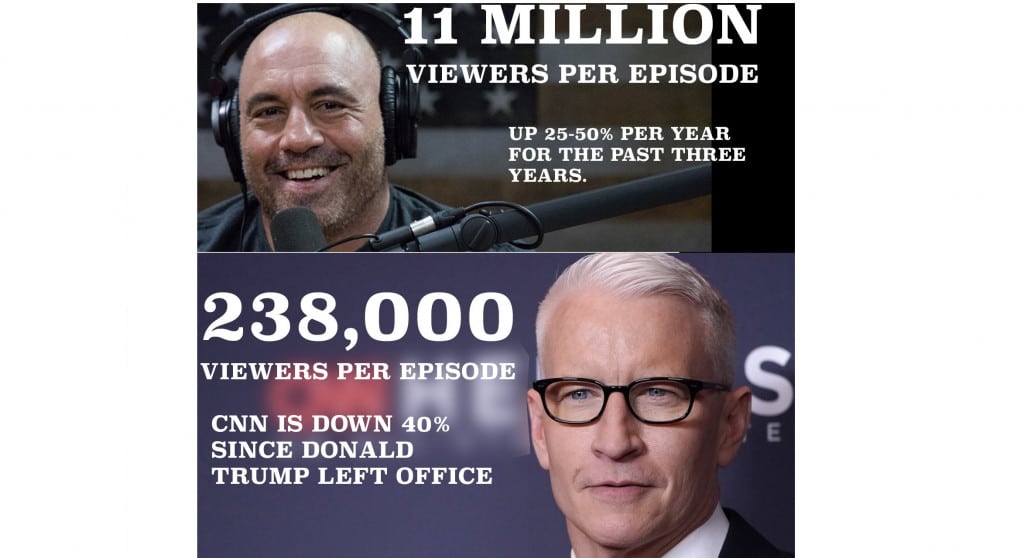- Reaction score
- 9,550
- Points
- 1,140
A lot of the gatekeepers of knowledge lost their positions because people could do their own research, and discovered that the gatekeepers were pushing their own biases.Thanks for the details of how you get info. And you're probably right, but "anyone can make a post online about something that's happened locally" can work, but it can also be like the nut-bar letter to the editor - there may be a kernel of truth there, but maybe a lot of chaff supplementing that wheat. That ain't "journalism" - but who has the time/resources now, right?
And as for librarians, same principle: "I did my own research" can mean veeeeeeeery different things to different people - at the most cynical end of that spectrum ...
View attachment 83039
... so, like the "anyone can write about anything" thing, mileage can vary greatly.
Comes back to what others have said re: gotta read/listen to a lot of widely-divergent stuff to bracket something approximating the truth, or at least agreed-on bits of information.
More thoughts on this: Some say there's enough teeth in the current regulatory framework for government to tell telecoms, "hey, since you have MORE than first dibs on the market, allowing you to continue to make a hockey sock of profit, you're going to have to do more to get local news to local consumers, not necessarily just canned stuff out of Toronto/Montreal/Vancouver".
Some commentators more cynical than me are saying the Bells of the world are cutting and cutting because Ottawa won't make them keep things in place and won't enforce the rules already in place.
Need a coherent approach to helping keep some Canadian news content out there without cutting off noses to spite faces, though, and some political will to back same. I know, dare to dream ...
This didn't happen in a vacuum, people didn't discover the internet and immediately abandon legacy media. People who know a topic see the media cover it poorly, then they as experts in the field point out what was said wrong. We have all seen it with topics we know well, ranging from the CAF, to firearms, to business, to commercial fishing, etc...
That happened for nearly two decades now, and the legacy media didn't learn...
In The Line's latest podcast Matt and Jen fall into the trap of thinking like journalists, when they talk about how reporters question PP. I like both of them, and respect their views, because they back them with reason, but the whole "gotcha" journalism thing is what has lead us to this point. It's not PP's fault he figured out their game, it's their fault for defaulting to a stupid game in the first place. A stupid, and transparent game that everybody sees, and only kinda supports when "their side" is pwning the n00bs.
Last edited:







